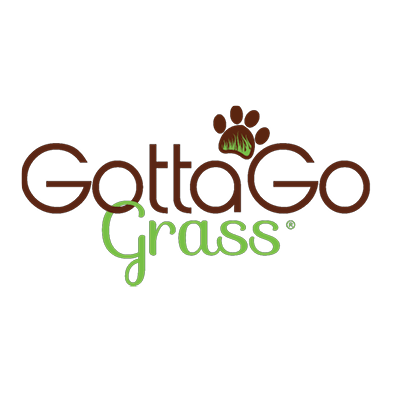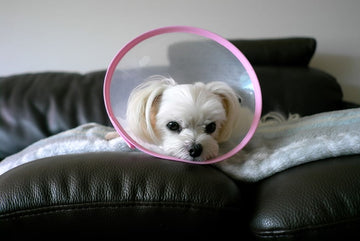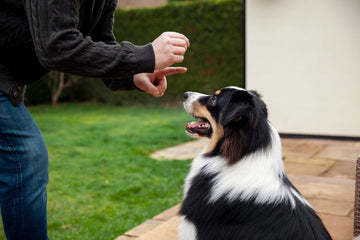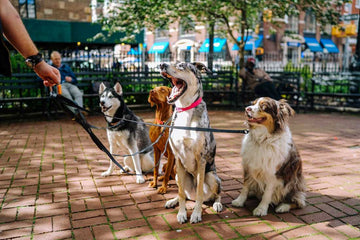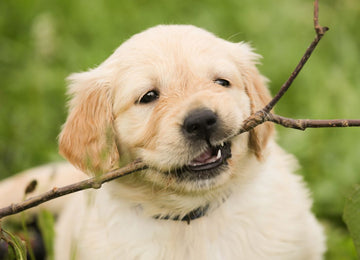
Puppy bites are part of growing up. Anyone who’s brought home a teething pup knows that those little jaws can latch onto fingers, toes, sleeves—and pretty much anything else. But even in adult dogs, mouthing is still a common behavior. While it can look concerning or feel painful, it doesn’t always mean you’re dealing with an aggressive dog.
So, how do you know when it’s harmless play and when it’s something to worry about? This guide helps you understand the difference between playful mouthing and problematic biting behavior, what causes it, and how to guide your dog toward gentler habits—without punishing away their personality.
What is Play Biting?
Play biting, often called puppy mouthing, is a natural, instinctive behavior. Especially in young puppies, mouthing helps them explore the world, engage with their surroundings, and bond with other dogs and humans. It’s their version of learning social skills and using their puppy teeth for something other than just chewing your furniture. During the teething stage—usually from 3 to 6 months—puppy bites can be more frequent and intense as they try to relieve gum discomfort.
Aside from teething, puppies play with their mouths. They learn how much pressure is okay and how to control their bite. This process, called bite inhibition, is crucial—and it’s something they typically start learning with their littermates and continue refining with their humans.
Play biting can manifest as nipping, gentle grabbing, or nibbling during playtime. While it may seem alarming, it’s often rooted in excitement, curiosity, or an attempt to engage.

Play Biting in Adult Dogs: Still Common, But Trickier
You might expect puppy mouthing to stop as your dog gets older, but that’s not always the case. Some adult dogs may continue to mouth gently during play or excitement. But when your dog’s grown-up jaws get involved, things can feel less playful and much more painful. Adult dog play biting is less tolerated for a few reasons:
-
Their stronger bite force can cause bruises or injury.
-
They’re less sensitive to our reactions than puppies.
-
It’s harder to redirect a large dog in mid-bite.
Why Play Biting May Continue into Adulthood
Some adult dogs may continue this behavior because it was never corrected during puppyhood or was unintentionally reinforced. For example, if your dog grabs your hand during play and you laugh or keep playing, it may interpret that as encouragement.
Sometimes, the root issue is boredom or lack of mental stimulation. A dog left alone too long or not given enough outlets may revert to mouthy behaviors simply to entertain themselves. That’s where identifying the why is key.
-
Lack of physical and mental stimulation: Dogs with excess energy may resort to nipping or mouthing as a form of release.
-
Unintentional reinforcement: If a behavior leads to attention, even if it is negative, it may become a habit.
-
No early bite inhibition training: Puppies who don’t learn to control their bite force with humans or other dogs may struggle as adults.
-
Lack of structured play: Dogs need routines and appropriate play outlets—without it, they create their own.
Playful Mouthing or Aggression? How to Tell the Difference
Sometimes, it’s hard to tell if your dog is being playful or showing signs of aggression. Watch for body language and context.

Additionally, consider the context and frequency. Is your dog consistently mouthy during high-energy moments, or does it seem triggered by specific environments, people, or stimuli? If the behavior escalates or happens during conflict, such as guarding food or toys, consult a professional immediately.
How to Stop Play Biting and Teach Bite Inhibition
Bite inhibition is your dog’s ability to control how hard they bite. It’s an essential skill for safe play, especially in homes with children or elderly family members.
Dogs start learning this with their siblings—when one puppy bites too hard, the other yelps and stops playing. Over time, they figure out that too much pressure ends the fun.
You can also teach your dog bite inhibition at home. It starts with calmly removing your hand and stopping play whenever your dog mouths too hard. Consistency is key. Reinforce gentle play, and offer suitable chew toys to redirect the behavior.
How to Reduce Play Biting in Dogs
In addition to teaching bite inhibition, you can reduce play biting altogether. By providing enrichment and setting boundaries, you can train your dog to develop more appropriate ways to engage and redirect their biting behavior.
Redirect to appropriate toys: Offer a chew bone, tug toy, or rope toy instead of your hand. Reward them when they use it.
Reinforce calm behavior: If your dog gets too excited, immediately walk away and give them time to settle. Reward calm engagement.
Keep their minds and bodies busy: Exercise and enrichment matter. Walks, sniff games, training, and puzzle toys help reduce excess energy and stress.
Teach appropriate play: Allow play, but guide it. If your dog starts to mouth, pause and redirect.
Supervise interactions: Monitor your dog during playtime, particularly around new people or kids. This is crucial to prevent rough play and teach gentle behavior.
Preventing Play Biting in Family Members
Sometimes, we accidentally encourage the behavior we’re trying to stop. If a young dog nips, and someone responds by squealing, moving fast, or laughing, it can be perceived as a game. Help family members avoid reinforcing mouthy behavior with these tips:
-
Don’t wave fingers or tease your dog during play.
-
Avoid slapping your dog’s face or tugging at their collar during play sessions.
-
Teach children to keep interactions calm and respectful.
-
Model the correct response: stay calm, redirect, and reward calm behavior.
And remember—don’t punish play. Instead, teach your dog how to play nicely. This will maintain trust and encourage good behavior.

Using Indoor Grass Potty Pads for Dogs to Create Structure
A dog grass pee pad, like Gotta Go Grass, can be valuable for managing aggressive behavior or high-energy dogs. They provide a reliable indoor potty solution, helping reduce overstimulation from outdoor triggers, such as other dogs or unfamiliar environments. Additionally, incorporating grass pads into your dog's routine can create structure—something particularly beneficial for anxious or mouthy dogs who thrive on predictability and routine. Regular use can help your dog develop a more calm and focused demeanor, making addressing unwanted behaviors like play biting easier.
What to Do If Play Biting Persists
If the behavior continues or worsens, don’t ignore it. Take these steps:
-
Start positive reinforcement training by rewarding desired behaviors and ignoring or redirecting the rest.
-
Work with a certified dog trainer or animal behaviorist.
-
Ensure your dog’s daily routine includes mental stimulation, exercise, and calm downtime.
-
Schedule a vet visit to rule out pain, discomfort, or neurological issues.
What Not to Do
Some instinctive reactions can make the behavior worse instead of addressing them. Avoid the following:
-
Don’t wave your hands or feet to get your dog’s attention—it invites mouthing.
-
Don’t jerk away when your dog mouths—it mimics prey behavior and can increase excitement.
-
Never use physical punishment. Hitting, scruff-shaking, or forcing your fingers in their mouth can cause fear, anxiety, and true aggression.
Instead of trying to suppress their instincts, offer safe ways for your dog to express them. Rather than discouraging mouthing altogether, focus on guiding your dog to redirect this behavior in a healthy manner. Offering chew toys and tug ropes and establishing a consistent routine are key to helping them channel their energy positively. Providing appropriate outlets and reinforcing gentle interactions will help your dog learn to manage their impulses while strengthening your bond.
Final Thoughts
Play biting is normal, but boundaries are important. Understanding your dog’s biting behavior, providing consistent feedback, and offering the right tools can make a significant difference.
Whether you're raising a mouthy pup or managing a young dog with leftover habits, remember: this isn't about training the "dog" out of your dog—it’s about channeling those instincts into safe, positive behaviors. With patience, structure, and love, you’ll build a stronger bond and a bite-free home.
If you're looking to create a structured environment for your dog, consider Gotta Go Grass. Our grass potty pads for dogs are designed to provide an indoor potty solution that reduces overstimulation and promotes a routine, helping your pup focus on positive behaviors. Visit our website today.
